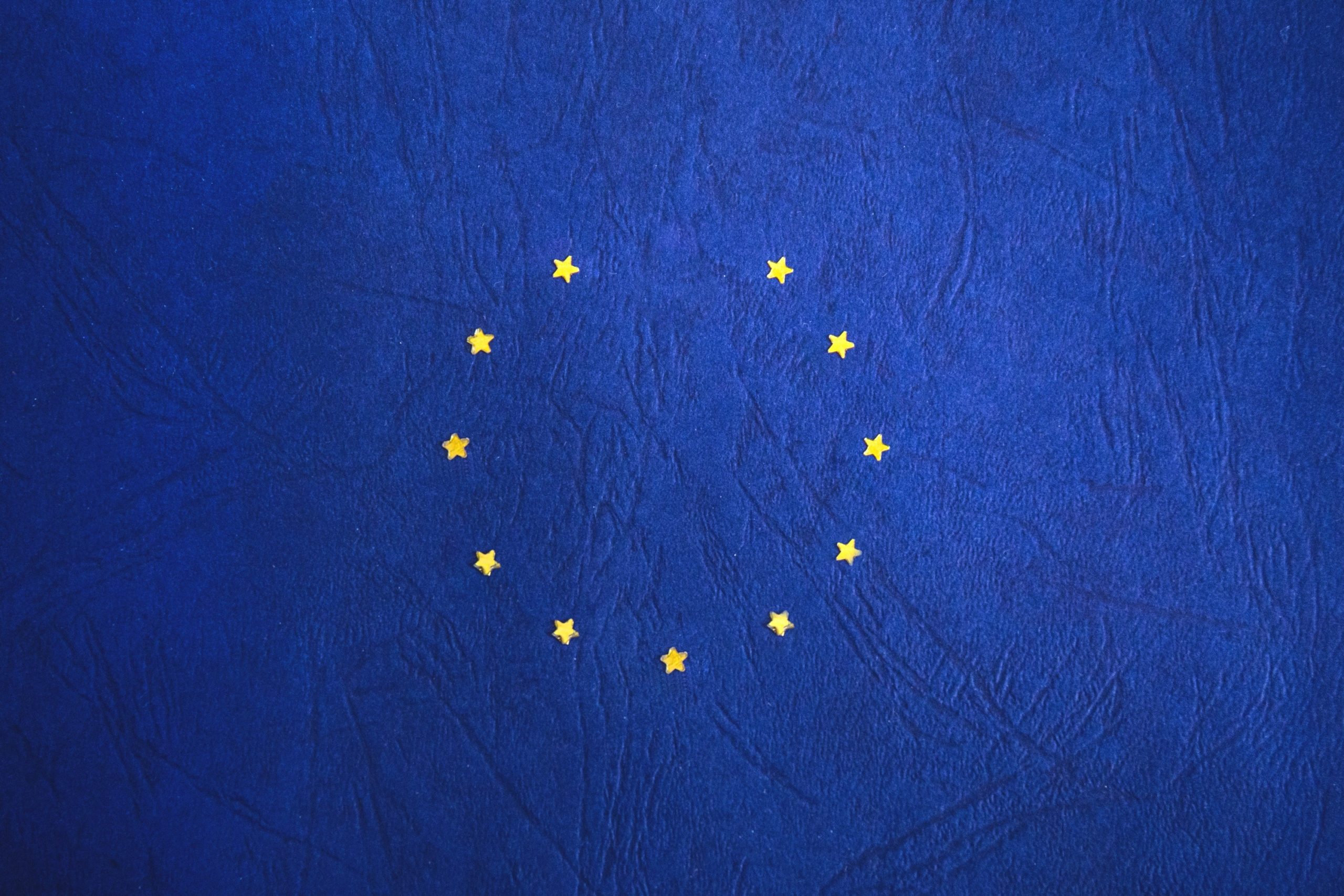With stage 2 of Brexit approaching, we thought that now might be a good time to remind all potential importers and exporters working between the UK and EU what they need to do for a smooth freighting process.
Your 2021 Checklist for Sending Freight between the UK and the EU
Exports
What you need to do:
- Register for an Economic Operator Registration and Identification number (EORI) using the government website.
- Check if you need a license to export your goods to your intended location.
- Establish the origin of the goods. This will help you find out which customs tariff will apply to your goods.
- Check the HS classification code of your goods,
- Complete a commercial invoice for each of your consignments. Don’t forget to include the sales price of your items.
- Ensure that your pallets are packed correctly.
- Make your customs declaration – a good freight forwarder, customs agent or customs broker can help you with this. If you’re working with Plexus Freight, we can take care of this for you.
- Check that you have all the right paperwork for your consignment. This will include:
- Commercial invoice
- Certificates of origin
- Relevant licenses and certificates
- The customs Export or Transit Accompanying Document (EAD)
- Your customs safety and security declaration
- Present your goods to customs.
Imports
For imports to the UK from the EU, the initial stages are much the same as above. You need an EORI number, to know the origin of your goods and the HS code of your goods. And you need to understand if there are any restrictions or licence requirements. You will also need to know the value of each consignment so that it can be declared to customs.
You may need to pay import duty and VAT on your consignment on arrival, depending on the classification of your goods.
What will change with stage 2 of Brexit?
Stage 2 of Brexit will commence April 1, 2021. And there will be no changes to the core processes involved with the importing and exporting of goods. The main thing that you need to know is that goods subject to sanitary and phytosanitary controls will be subject to additional requirements.
Goods that fall within these categories include:
- Products of animal origin
- Fish and fishery products
- High risk food and feed not of animal origin
- And plants and plant products
If you are dealing with any of these categories, you must:
- Make a pre-notification to customs.
- Gain relevant health certification, such a Phytosanitary Certificate.
From July 1, 2021, (stage 3) all consignments will be subject to full border control and Customs procedures.
This is a basic overview of what is required of all importers and exporters sending freight between the EU and UK. If you have any questions that you need clarifying, or would like to know how Plexus Freight can ease the process for your business, please just get in touch.


